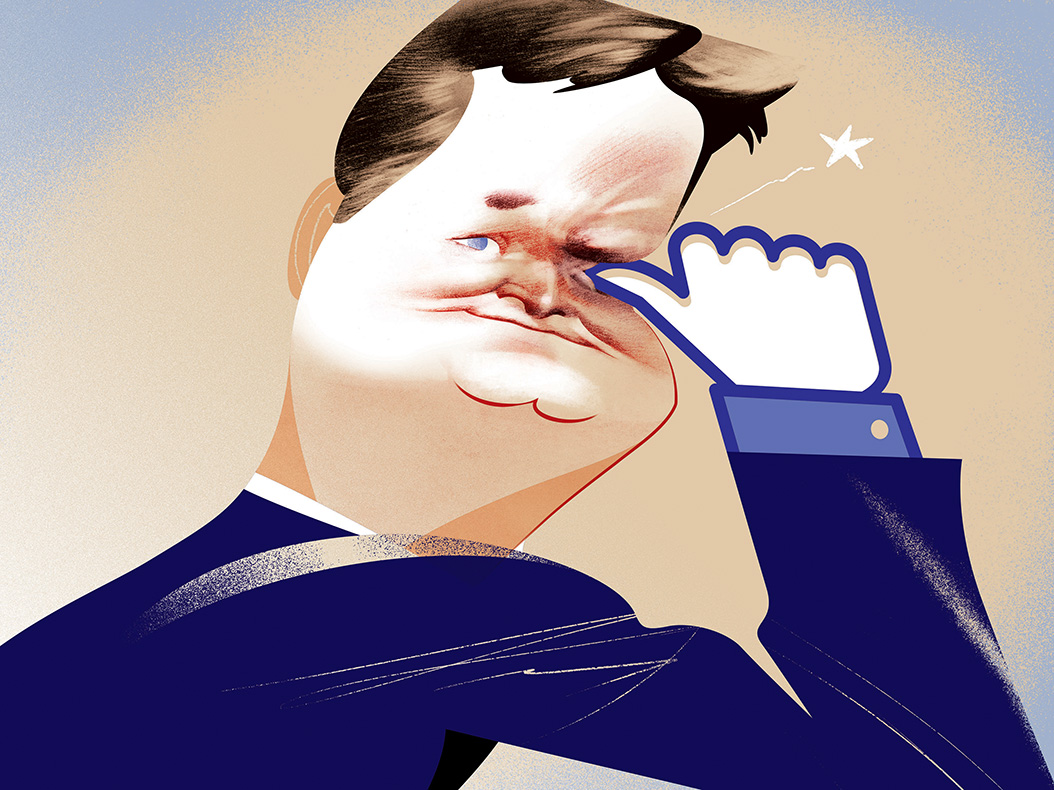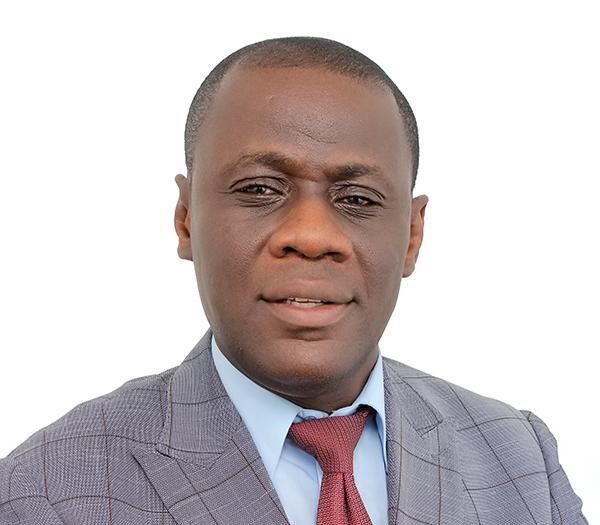By Contributor,Michael Hudson
Copyright forbes

Leadership can’t be taught in classrooms. It’s revealed in how leaders convene, ground, model, and stimulate—together, not alone.
A learning and development leader from one of the world’s largest tech companies recently told me, “We don’t know what to teach executives anymore.” How do we train leaders to adapt to today’s uncertain and fast-changing world where old frameworks, formulas and norms no longer seem to fit? Perhaps we can’t. Perhaps we need to think differently about how to nurture leadership capacity. Perhaps it’s time for unschooling leadership development.
According to Harvard Business Review, global organizations spend more than $60 billion annually on leadership development programs. But what if the problem isn’t what we’re teaching, but the assumption that leadership can be taught at all? Leadership development may suffer from the same trap as formal schooling; rigid curricula that instill frameworks and formulas and create leaders with expert knowledge when what’s really needed are capacity builders. You’ve seen it too often: your most promising VP goes through a flagship six-month leadership program with top-tier faculty. But they revert to old habits when faced with a decision that has no precedent or best practice to follow. They default to what they know—technical analysis—when the moment requires the courage not to know. Unschooling leadership means stripping away frameworks to create space for curiosity, responsibility, and lived learning.
Four Functions of Leaders
“Our job is to have peers engage with each other, not to have bosses motivate people,” community-building pioneer Peter Block told me in a recent conversation. Block has long argued that leadership is less about delivering content than creating context, with convening at its heart. His provocation got me thinking more broadly: if we stopped teaching leadership entirely, what would cultivate instead? Four leadership functions stand out to me:
Picture your last strategic planning session. Who spoke most? Who set the agenda? Who synthesized the conclusions?
Now imagine a different session. No predetermined outcomes. No executive summary. Just the right people in the room with a question that matters. The leader’s job? Host the space. Draw out contributions. Let collective intelligence emerge.
MORE FOR YOU
This is convening: creating containers where dialogue, responsibility, and shared ownership surface naturally. As Block notes, it’s hosting the room, not directing it.
As leaders rise in seniority, convening becomes their central function. Yet most leadership development programs barely touch this capability, focusing instead on individual competencies that matter less the higher you climb.
2. Stimulate
You’ve seen the pattern. The team meeting where apparently everything’s “fine” and projects are “on track.” But no one mentions the elephant in the room, no one gets curious, and no one reaching beyond the status quo.
Harvard Business School professor Amy Edmondson’s research on psychological safety shows that progress depends on leaders who make candor safe while making complacency uncomfortable. They ask the questions others avoid: “What’s the conversation we’re not having?” “Where are we fooling ourselves?” “What would our competitors say about this plan?”
This function disturbs false harmony. It brings unusual perspectives together. It makes people productively uncomfortable.
Remember the first quarter of 2020? Everything shifted overnight. Your team looked to you not for answers—nobody had those—but for something to hold onto.
This is the leader’s grounding function; acting as a tether to purpose, values, and strategy when everything else feels chaotic. It’s containing anxiety without dismissing it. It’s saying “I don’t know what’s coming, but here’s what still matters” and meaning it. According to INSEAD professor Gianpiero Petriglieri, “Leaders who are psychologically present are able to counter the pull of neuroses and foster hospitable and adaptive organizations. Their behavior is oriented toward actual others and the task at hand, rather than toward the pulls of their internalized others, and of the past.”
Forget performative leadership—the rehearsed town halls, the walking-the-floor theater. Modeling means embodying judgment and presence in real time, especially when you don’t have a script.
Your team learns more from watching you navigate one impossible decision than from a dozen leadership seminars. They see how you sit with uncertainty. How you change your mind when presented with new data. How you admit mistakes without losing authority.
The Problem with Overreliance on Expertise
Let’s explore the fragility of expertise:
Imagine a tech company with senior leadership built on expertise. These leaders are brilliant—masters of their domain and dutifully schooled in leadership frameworks and models—but they haven’t tended to the essential functions of leadership. They’ve succeeded on their brilliance for many years, but their system is brittle.
When disruption strikes and pressure is high, the frameworks crack and the models begin to fail. Leaders retreat into their domain expertise and clamp down on process until things settle and they can get back to normal.
The CEO who wrote the original code micromanages production issues while innovation stalls. The CRO who built the company’s sales function dives into deal details while strategy drifts. The CFO turns every conversation into a financial analysis while the team’s morale craters. Some leaders focus on authority over leadership, others abdicate both. A leadership vacuum is left behind.
Edmondson’s research shows what happens in these moments. Decisions go unquestioned. Issues go unspoken. Ideas go unshared. Learning slows. Innovation stops.
These days, disruption is normal and what was once a temporary leadership crisis is now the mode of operating. People feel unmoored and maladaptive defense mechanisms run rampant in the system. Petriglieri’s work highlights how the organization will respond: with denial, avoidance, and rigid bureaucracy.
Left unchecked, the leadership vacuum can fill with something worse: authoritarian certitude. Leaders who can’t tolerate not knowing start pretending they do and the best pretenders rise to the top. They offer simplistic answers to complex problems. They demand compliance and call it alignment. They hear silence as agreement.
Unschooling Leadership Pipelines
Unschooling leadership means dismantling big pieces of the current leadership development machine. It’s not just a new curriculum, it’s a refusal of curriculum. Organizations must shift from teaching leaders what to know, to cultivating leaders who can convene, stimulate, ground, and model in practice.
Stop promoting on expertise.
Pipelines that elevate the “best doer” confuse technical mastery with convening capacity. You don’t lead by being the sharpest coder, surgeon, or dealmaker—you lead by drawing others out.
Start spotting conveners early.
Look for people who bring colleagues together around hard problems, hold responsibility in conflict, and earn trust—not just those who ace the technical charts.
2. Stimulate
Stop outsourcing leadership to frameworks
. Toolkits and shortcuts replace the discomfort of provocation with the comfort of pre-baked answers. Real stimulation disturbs complacency; frameworks often soothe it.
Start building labs instead of classrooms. Replace workshops that transfer knowledge with spaces that reward curiosity, provoke new thinking, and allow leaders to host risky conversations safely.
Stop equating control with stability. Leaders who hoard control or “certainty” may appear to stabilize, but they choke off adaptability. Grounding is about tethering people to values and meaning—not micromanaging outcomes.
Start treating grounding as a capability. Develop leaders who can connect turbulence back to purpose and values, rather than escalating panic or hiding in process. This requires more reflection and less content-dump training.
Stop treating leadership like a technical skill.
Competency checklists and scorecards flatten leadership into a performative “best practices” exercise. They ignore that modeling is about lived judgment, not box-ticking.
Start practicing apprenticeship.
Create settings where senior leaders openly make, and sometimes miss, hard calls in view of others—so judgment and wisdom are transmitted through presence, not PowerPoints.
Start Unschooling Your Leaders (and Yourself)
Take a break from leadership workshops in favor of cultivating the four functions. No modules. No frameworks. Just rhythm and practice. Here’s what it might look like:
Monday mornings. Senior team meetings. No agenda except this question: “What are we pretending not to know?” No facilitator. No framework. Just leaders learning to hold space for uncertainty.
Wednesday afternoons. Peer coaching circles. Five executives, no hierarchy. Each brings their hardest challenge—the one with no clear answer. They don’t solve it; they make sense of it. They explore and learn to think together.
Friday reflections. Each leader asks: “When did I overplay my expertise this week? What question could I have asked instead?”
Unschooling Leadership & The Rebellion Against Expertise
This is bigger than fixing leadership development. This is rebellion.
Every leader who admits “I don’t know” in a planning meeting strikes a blow against certainty. Every executive who asks instead of tells creates space for collective intelligence. Every senior team that learns to think together rather than compete for airtime models what organizations desperately need.
The rebellion isn’t against expertise itself—expertise has its place. It’s against expertise as identity, as armor, as substitute for real leadership. If we don’t reclaim leadership as capacity—the ability to convene, stimulate, ground, and model—those vacuums of meaning will be filled not with wisdom but with authoritarian certainty. And we’ve seen where that leads. In organizations. In societies. In history.
So this week, gather your senior team around a question that matters—one with no clear answer. Don’t teach. Don’t facilitate. Don’t solve it. Just hold the space. Notice who speaks. Notice who doesn’t. Notice your own discomfort with not knowing.
Then do it again next week. And the week after.
You might discover that your best leaders aren’t made in classrooms. They’re revealed in conversations where nobody has the answer and everybody has something to contribute.
Unschooling leadership is not the absence of leadership development. It’s how leaders are truly developed.
Editorial StandardsReprints & Permissions



